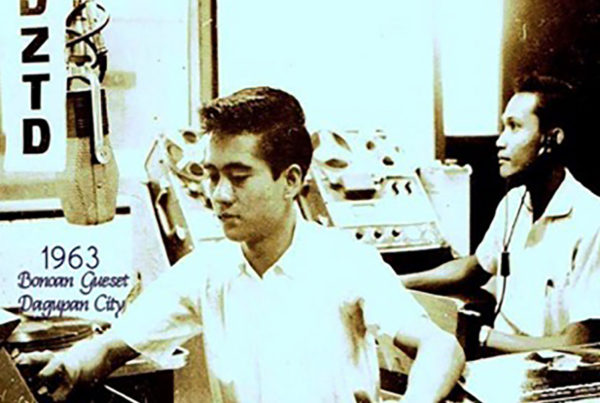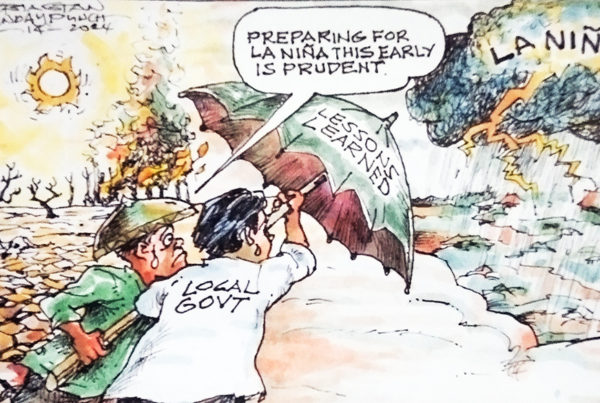Pangasinan allocates P44.5 million to provide vaccines for all
EYEING FOR COVID-19-FREE STATUS
THE provincial government is set to allocate initially a standby fund of P44.5 million
for the purchase of anti-COVID-19 vaccines to augment the vaccines that will be provided by the national government for only 70 percent of the 1,089,004 eligible population of the province.
 The Provincial Development Council (PDC) headed by Governor Amado Espino III already endorsed the allocation of the amount for approval of the Sangguniang Panlalawigan to cover the 30 percent of the eligible population comprising 326,701 individuals.
The Provincial Development Council (PDC) headed by Governor Amado Espino III already endorsed the allocation of the amount for approval of the Sangguniang Panlalawigan to cover the 30 percent of the eligible population comprising 326,701 individuals.
Provincial Disaster Risk Reduction and Management Officer Rhodyn Luchinvar Oro, an official of the Inter-Agency Task Force for the Management of Infectious Diseases (IATF), confirmed that the vaccines that will be allocated to Pangasinan by the Department of Health (DOH) can only inoculate 762,303 persons or only 70 percent of the province’s eligible population.
Oro told the SP during its regular session on February 1 that the vaccination of 100 percent of the eligible population of Pangasinan is necessary for the province to achieve herd immunity status.
Oro explained to Fifth District Board Member Chinky Perez Tababa that the 1,089,004 eligible population to be vaccinated in Pangasinan only covers 18 years old and above and does not include those from 17 years and below who are not targeted for vaccination.
The P44.5 million standby fund will come from the province’s calamity fund to be partly sourced out from the local government support fund, a disaster rehabilitation assistance of the national government, plus an additional counterpart funds later on from towns and cities.
As directed by the Department of the Interior and Local Government, the Group A’s first priority for vaccination will be the frontline health workers, the second are indigent senior citizens, third, the remaining senior citizens, fourth, other indigent citizens and fifth, the uniformed personnel.
The Group B includes include public and private school teachers as well as government employees.
The provincial IATF met with municipal and city health officers last January 29 and discussed initial plans for the roll out of the vaccines that are expected to arrive by end of February. (Leonardo Micua)
Share your Comments or Reactions
Powered by Facebook Comments











